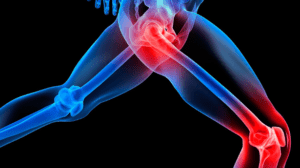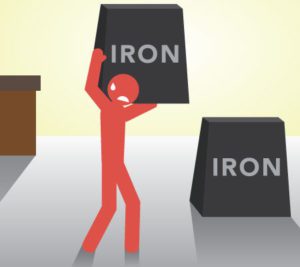Leptin

This blog describes how leptin controls the gaining of fat or the burning of it and how our quality of sleep contributes to healthy levels to either gain or lose weight.
Leptin is, at a most basic level, a primitive survival tool. It’s uniquely tied to the coordination of our metabolic, hormonal and behavioural response to starvation. As such, it has a powerful effect on our emotions and behaviour. Leptin is a gatekeeper of sorts, and once you have an understanding of this hormone you will know how to regulate the rest of your hormonal system and, in doing so, manage your health in unimaginable ways.
-Dr. David Perlmutter, Grain Brain.
Perlmutter breaks down the science behind the phenomenon of gaining better sleep in order to enhance your ability to control your appetite. The receptors in the brain, when functioning correctly, let you know when you are full. If these are not working properly, we are prone to overeating. Leptin is also a pro-inflammatory molecule, meaning it acts as an aid to issues within the body. This ‘helps explain why overweight and obese people are susceptible to inflammatory problems, including those that substantially increase risk for brain disorders [and mental health problems].”
A now seminal study published in 2004 showed how people with a 20% drop in leptin experienced a 24% increase in hunger and appetite, driving them toward calorie dense, high carbohydrate foods, especially sweets, salty snacks and starchy foods. And what called this leptin plunge? Sleep deprivation.
As usual, carbs are in the firing line for causing more issues to our overall health, being ‘the biggest transgressor’ for insulin and leptin in the body. Carbohydrates add to our receptors ‘turn[ing] off…and we become leptin resistant…it won’t signal to your brain that you are full so you can stop eating’. Obviously this leads to us being unable to control our appetite and therefore gaining weight.
Are you leptin resistant?
- Being overweight
- Being unable to change how your body looks, no matter how much you exercise
- Being unable to lose weight or keep weight off
- Constantly craving “comfort foods”
- Fatigue after meals
- Feeling consistently anxious or stressed out
- Feeling hungry all the time or at odd hours of the night
- Having a tendency to snack after meals
- Having high-fasting tryglicerides, over 100mg/dl – particularly when equal to or exceeding cholesterol levels
- Having osteoporosis
- Having problems falling or staying asleep
- High blood pressure
- Regularly craving sugar or stimulants like caffeine
- The presense of ‘love handles’.
There is nothing that can improve healthy leptin levels more including drugs or supplements than getting good quality sleep and better dietary choices.






